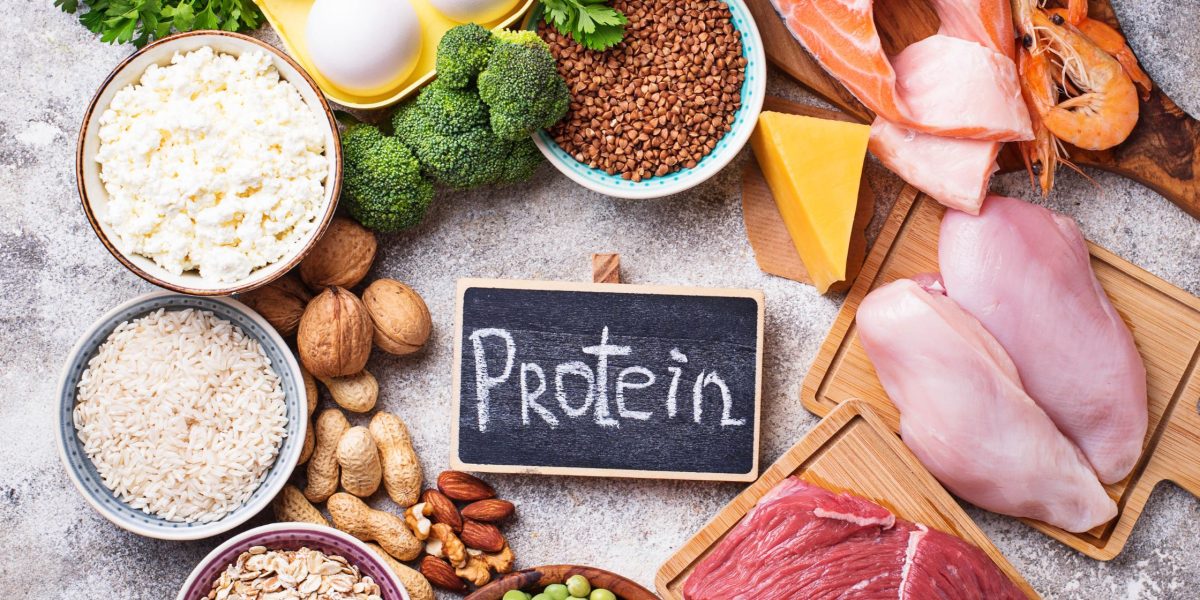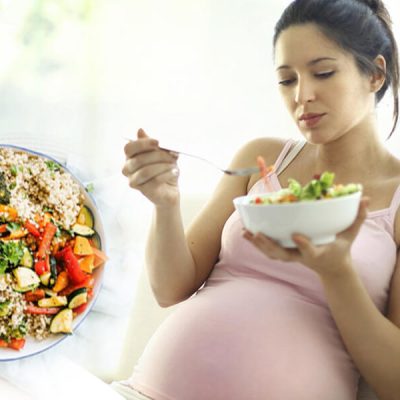Everywhere you turn, there seems to be a new diet trend or nutrition buzzword popping up, and one that has held its place in the spotlight for some time is the high protein diet. Why? Because high protein foods are often associated with muscle building, weight loss, and overall health. But like all popular topics, there’s a mix of fact and fiction. Let’s dive into the myths and truths of high protein diets.
Myth 1: “All meat, all the time!”
Fact : While this might sound like a dream come true for carnivores, it’s a common misconception. A balanced high protein diet can include a mix of high protein low calorie foods, high protein low carb foods, and high protein low fat foods.
Myth 2: Eating protein means you will build muscle without exercise.
Fact: While protein is essential for muscle repair and growth, it isn’t a magic ticket. Regular exercise, particularly strength training, is crucial.
Myth 3: “More protein = automatic weight loss.”
Just eating more protein will make me shed pounds.
Fact: Protein can help you feel fuller for longer and may reduce overall calorie intake. But balance is key! Relying solely on high protein foods for weight loss without considering other nutritional needs or maintaining a calorie deficit won’t guarantee weight loss.
Myth 4: Vegetarians and vegans can’t get enough protein.
Fact: Plant-based diets can offer a plethora of protein sources. Lentils, chickpeas, quinoa, paneer, curd are all star players in the high protein foods category.
Myth 5: “Say goodbye to carbs and fats when on a high protein diet.”- High protein diets mean no carbs or fats.
Fact: Many high protein low calorie foods and high protein low carb foods also contain essential fats and carbs. Think salmon – high in protein and rich in omega-3 fatty acids.
Myth 6: A high protein diet is damaging to the kidneys.
Fact: While those with existing kidney issues should consult a doctor and a qualified dietitian about their protein intake, for most people, high protein diets aren’t harmful to kidneys.
Let’s tackle another burning question – isn’t high protein just for bodybuilders? While they do benefit from extra protein to support muscle repair and growth, the protein foods list for weight loss is equally beneficial for dieters, seniors, or just about anyone looking to maintain a balanced diet.
Myth 7: “Protein shakes are a must for a high protein diet.” – You can’t have a high protein diet without supplements.
Fact: While protein shakes can be convenient, whole foods like lean meats, dairy, eggs, and legumes are excellent natural sources and first-class quality protein sources.
Myth 8: All protein sources are created equal.
Fact: It’s essential to mix up your protein sources to ensure you’re getting a range of amino acids. This is where a diverse protein foods list for weight loss comes into play. Including a variety of meat, dairy, legumes, and grains will ensure comprehensive nutritional coverage.
In conclusion, high protein diets have their place in the nutritional realm. They can be beneficial when approached with a well-informed perspective. Always remember to filter out myths from facts and ensure your diet is diverse and balanced. Happy protein-packed eating!
Fit Mantra, a leading multi-specialty diet clinic, adopts a holistic approach when assessing an individual’s protein needs. We recognize that each person’s requirements are unique and take into account not just the standard metrics but also delve deep into one’s eating patterns, lifestyle, and health objectives. We understand that a one-size-fits-all approach isn’t the solution to optimal health. By personalizing dietary plans, Fit Mantra ensures that every client receives the right balance of protein, tailored to both their daily activities and long-term aspirations. With a commitment to health and well-being, Fit Mantra crafts specialized dietary solutions, proving that nutrition isn’t merely about counting calories but understanding and responding to individual life stories and goals.







